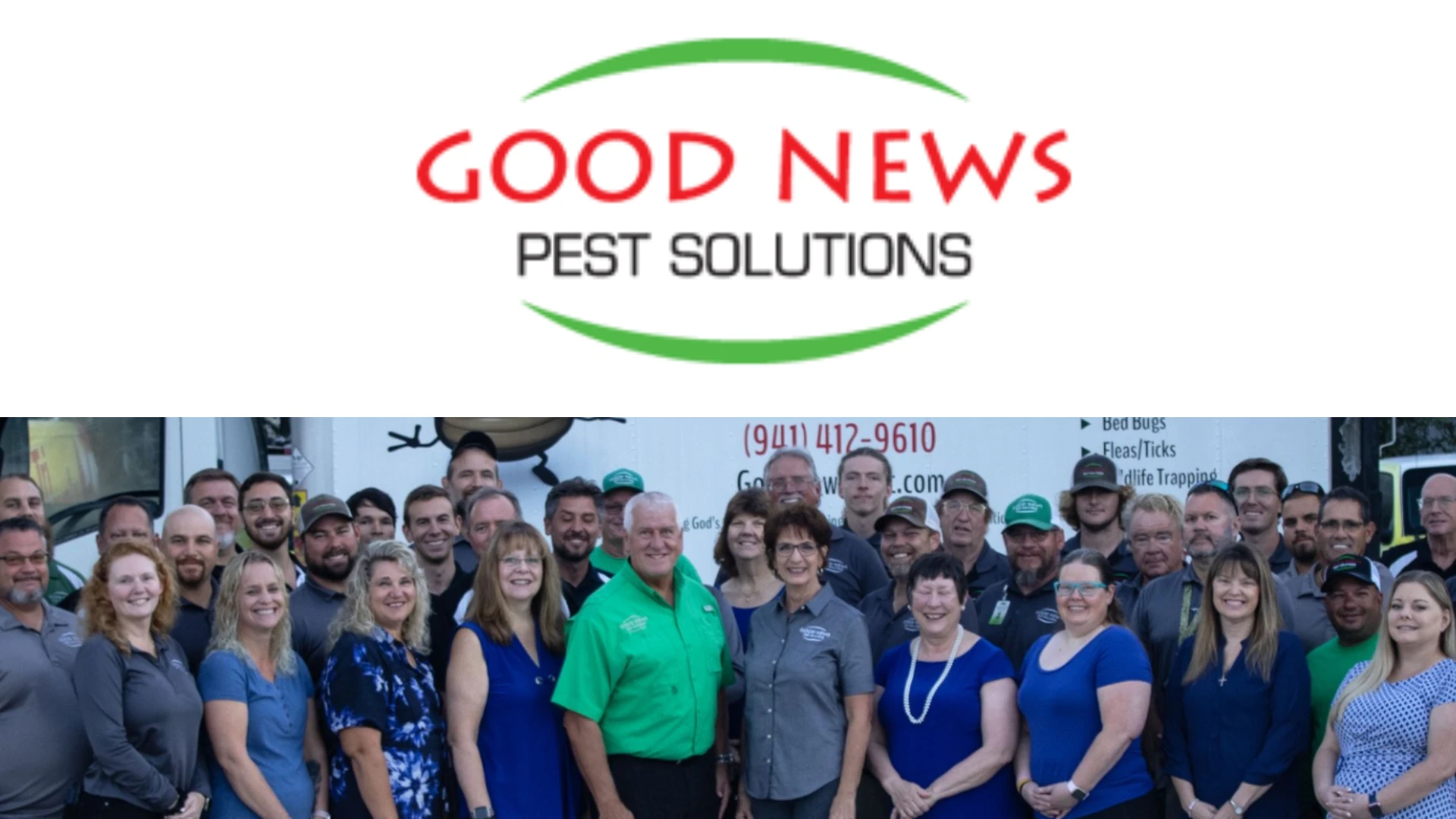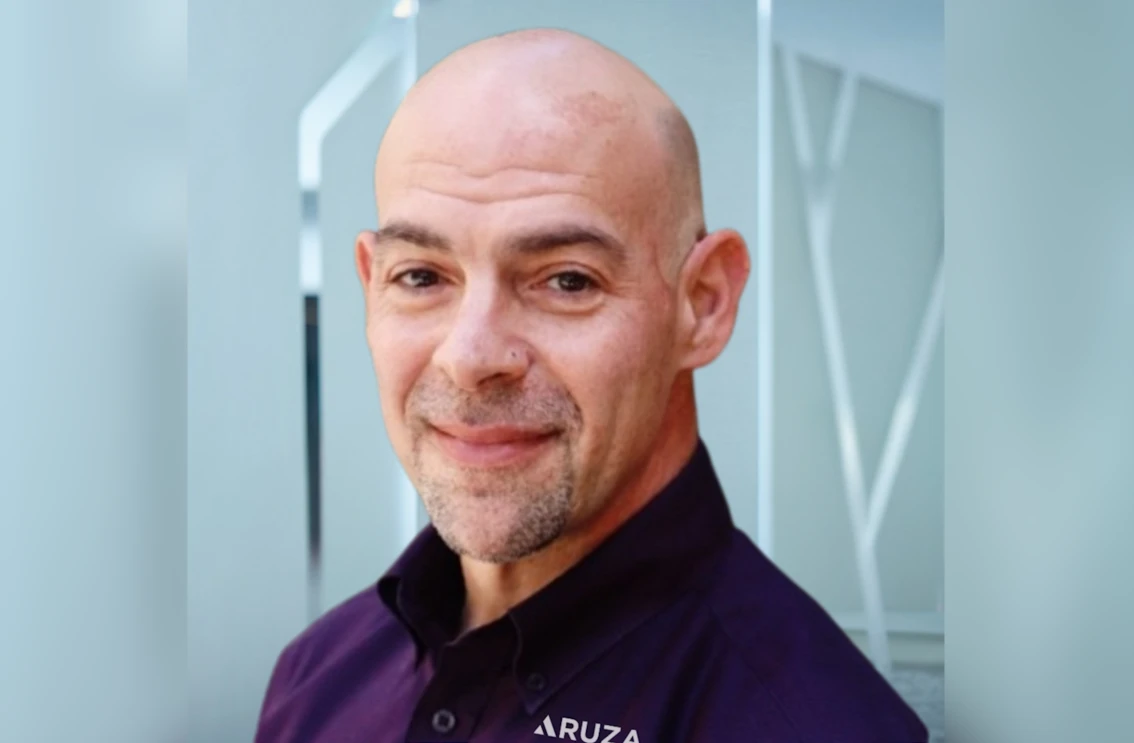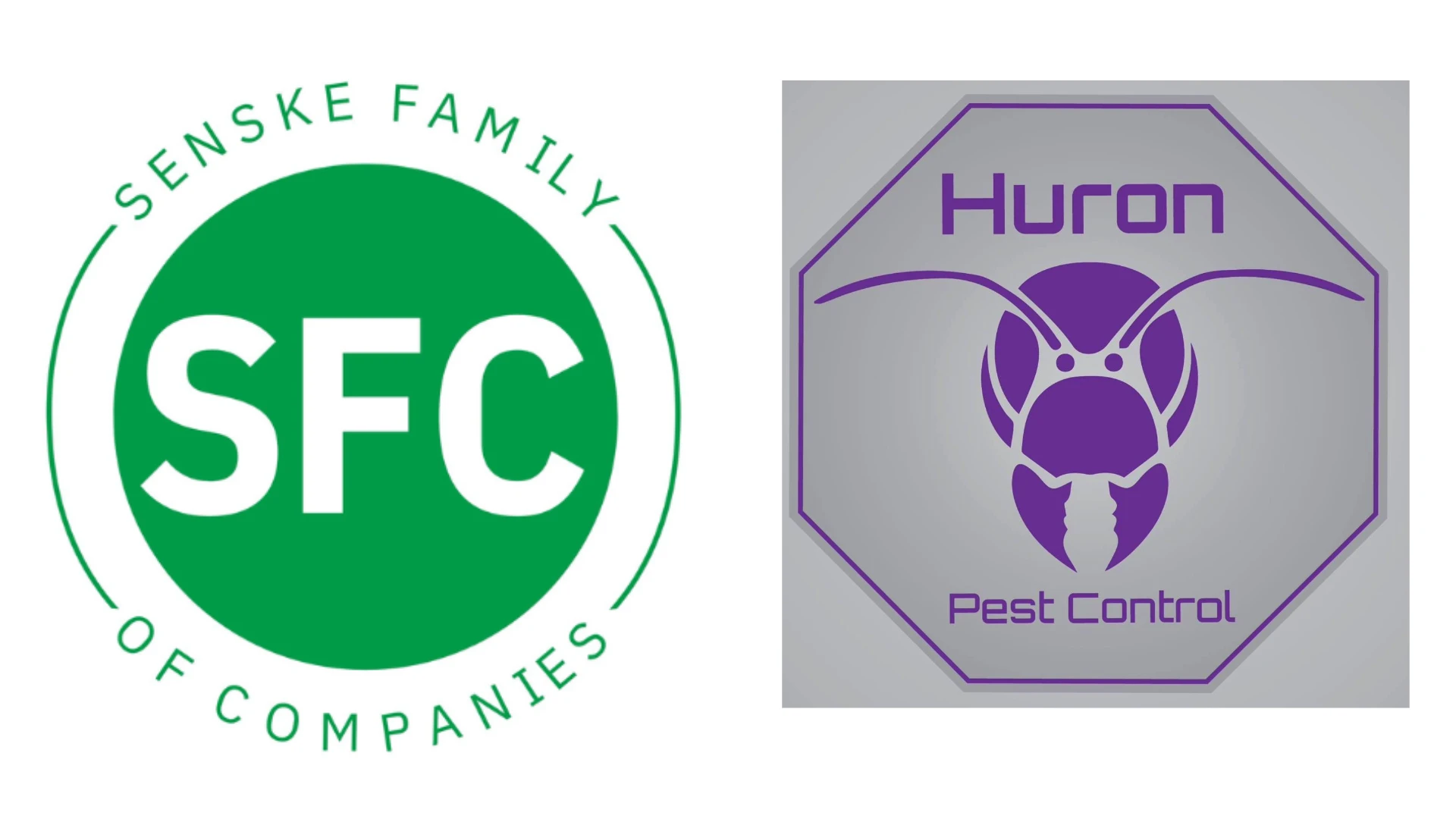Bayer CropScience AG on Oct. 28 announced that it intends to sell a package of selected insecticides and fungicides, including fipronil, to BASF AG while retaining certain back-licenses for non-agricultural applications. Fipronil is best known in the pest control industry as the active ingredient in Termidor, a non-repellent termiticide that generated an estimated $75 million in sales last year.
FIPRONIL SWEEPSTAKES. Many in the pest management industry have speculated for months as to which manufacturer would purchase the rights to fipronil, with BASF and DuPont reportedly the two finalists for the coveted chemistry. While BASF is a relatively new player in the structural pest control market, industry reaction was generally positive to the announcement.
However, some say BASF will need to do a better job of integrating Termidor into its product portfolio than it did Phantom Termiticide-Insecticide following the purchase of American Cyanamid’s crop protection business, which included its portfolio of pest control products several years ago.
“I think it will be good for the industry considering the fact that BASF is a global company that has a lot of different markets from agriculture to pest control and many other niche markets in the chemical industry,” said Tommy Reeves, Oldham Chemicals Company, Memphis, Tenn. “From a standpoint of stability in the industry and the ability to put money behind marketing and R&D, I think they are a good choice.”
Others are less convinced, however, pointing to the challenges the company has experienced in launching Phantom. “I am concerned because we tried like hell to sell more Phantom,” said one well-known distributor, who added that there’s been a lot of “finger pointing” as a result of slow sales. Ultimately, he said, “the buck has to stop at the headquarters. I hope BASF can get their act together.”
THE DEAL. The total package of the much-anticipated deal is valued at about $1.3 billion. Taking into consideration the back-licenses, the cash purchase price amounts to about $1.2 billion. The transaction is subject to European Commission (EC) and U.S. Federal Trade Commission (FTC) approval.
In addition to fipronil, several other products were involved in the deal between Bayer and BASF. The agreement includes the assets and rights related to two insecticides (fipronil and ethiprole) and a number of fungicides (prochloraz, iprodione, triticonazole, fluquinconazole and pyri-methanil) for certain regions and applications.
Dr. Jochen Wulff, chairman of the board of management, Bayer CropScience AG, said Bayer reached an agreement with BASF following a “very competitive auction process and intensive negotiations with several interested parties.”
“The purchase price agreed represents a fair compensation for the required divestments (resulting from the acquisition of Aventis CropScience by Bayer AG earlier this year). I am also pleased that we were able to retain license rights to market fipronil and its mixtures in certain non-agricultural markets within the scope of the FTC consent order,” Wulff said. “The integration of the Aventis CropScience operations is moving ahead quite rapidly and we continue to focus our efforts on the further integration and strategic development of the new Bayer CropScience.”
Although Bayer may license back fipronil, it will vary by market and country, Karl Kisner, hold separate product manager, Fipronil ES, told PCT magazine. “So, in essence, Bayer would have to pay BASF ‘X’ number of dollars — depending on how (the agreement is) structured — to sell that product in that market.”
Also included in the proposed agreement, BASF will acquire the Aventis CropScience manufacturing plant in Elbeuf, France.
“This acquisition allows us to considerably strengthen our insecticide business, especially in growing and attractive specialty markets,” said Peter Oakley, member of BASF’s board of executive directors and responsible for the Agricultural Products & Nutrition segment.
Kisner added that the hold separate division of Bayer will continue to manage fipronil until ownership of the product is transferred to BASF, which will likely be some time in December, a date confirmed by Richard Gilmore, the FTC trustee who has been involved in the proceedings. Gilmore said there are still “a number of steps” ahead of Bayer and BASF before the final transaction is approved by the appropriate regulatory bodies, which will take a minimum of 30 days, although likely longer. “Thirty days isn’t realistic,” he said.
The December date is important to the pest management industry because the termite swarm season kicks off in some parts of the country soon after the first of the year. “I hope they get it settled this winter so we can have direction as to what we are going to be offering this next season,” said Roland Rhodes, president of Rhodes Chemical Co., Kansas City, Kan.
Other distributors agreed. “It is extremely important to know who our partner will be prior to 2003,” Reeves said. “With less emphasis on organophosphates and a trend away from any type of repellent product, I consider BASF to be a major player in 2003.”
In the meantime, it’s “business as usual,” according to Kisner, who as hold separate product manager has laid out the Termidor program for the immediate future. “The first six months seem to be fixed,” said one distributor, “and that gets us through the termite season.”

Explore the November 2002 Issue
Check out more from this issue and find your next story to read.
Latest from Pest Control Technology
- Webinar: Employee Incentives — Going Beyond the Annual Raise
- Pest Control Companies Helping Neighbors in Need Eradicate Bed Bugs
- Why Does Marketing Feel So Opaque?
- How Did This Pest Get Its Name?
- Rose Pest Solutions Honors Top Performers with Annual Chief’s Club Awards
- Doug Foster on Termite Control Equipment, Resources
- Pest Control Consultants Acquires EcoGuard Pest Control
- Pest Index Increased 9 Percent YOY in February





